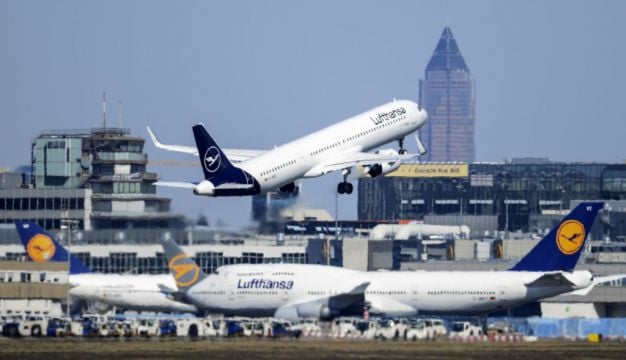European aircraft maker and Boeing rival Airbus has said it is laying off 2,500 workers as it tries to turn around its struggling defence and space division.
Airbus said it would implement other organisational changes as it faces ongoing challenges in the defence and space sector, including disrupted supply chains, the rapid evolution of warfare tactics and increasing costs.
The announcement comes after the company had already begun making organisational changes in the division last year, which it said have begun “bearing fruit”.
“We want to shape the division so it can act as a leading and competitive player in this ever-evolving market,” said Mike Schoellhorn, the chief executive of Airbus’s defence and space division. “This requires us to become faster, leaner and more competitive.”
The company’s defence and space business struggled last year, notably taking a 477 million euro loss on the long-troubled A400M military transport plane, in part linked to unusually high inflation.
The European space sector also was hit by the loss of access to Russia’s Soyuz rocket launchers and the failure of a new Vega-C rocket soon after take-off from French Guiana in late 2022.
Outside of that division, business has been booming for the aerospace giant. Airbus has outpaced Boeing for five straight years in plane orders and deliveries and its profits have soared.
The bigger problem for Airbus has been keeping up with demand for commercial planes. As of June, the French manufacturer had an order backlog of 8,585 commercial aircraft.
Meanwhile, Boeing cannot seem to right its ship.
At the beginning of the year, Boeing seemed finally to be recovering from two crashes of Max jets in 2018 and 2019 that killed 346 people in Indonesia and Ethiopia.
Then, on January 5, a door plug blew out of an Alaska Airlines 737 Max 9, and the Virginia company has been reeling ever since.
Boeing has since slowed manufacturing at the order of the US Federal Aviation Administration.
Airbus employs more than 150,000 people worldwide, according to FactSet.







